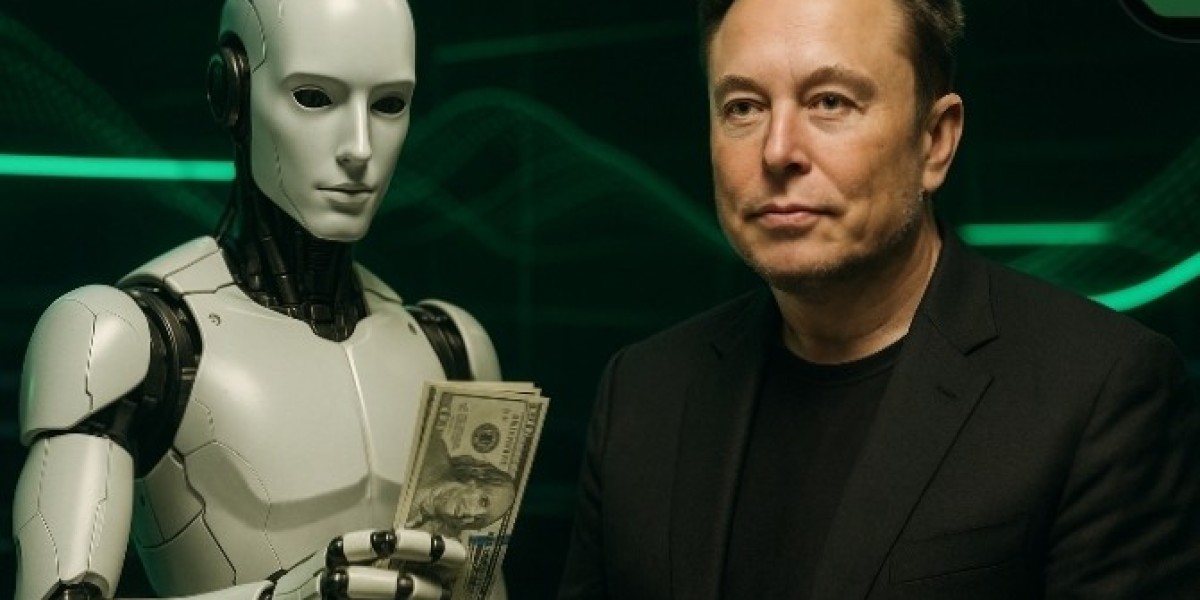Elon Musk, renowned technology entrepreneur and CEO of Tesla and SpaceX, recently voiced his concerns about the growing U.S. national debt, which has now surpassed $37 trillion. He warned that this massive financial burden poses a significant threat to both the U.S. economy and global stability.
Speaking at a technology forum, Musk highlighted AI’s potential to provide groundbreaking solutions in fiscal management, government efficiency, and industrial productivity. He argued that AI should not only be seen as an automation tool but also as a “new economic engine” capable of helping the country escape its debt trap.
According to Musk, with proper application, AI could streamline government spending, cut waste, and unlock new sources of revenue through technological innovation. Such measures, he suggested, could accelerate debt reduction while ensuring America remains competitive in the global economy.
However, Musk also issued a cautionary note regarding the risks of unchecked AI development. He emphasized the need for strict regulation and ethical guidelines to ensure that AI delivers its benefits to society without creating unintended consequences.
Musk’s remarks have ignited widespread debate among economists, policymakers, and tech experts. While some agree that AI could be a revolutionary tool in addressing economic challenges, others remain skeptical given the political and bureaucratic hurdles involved.








